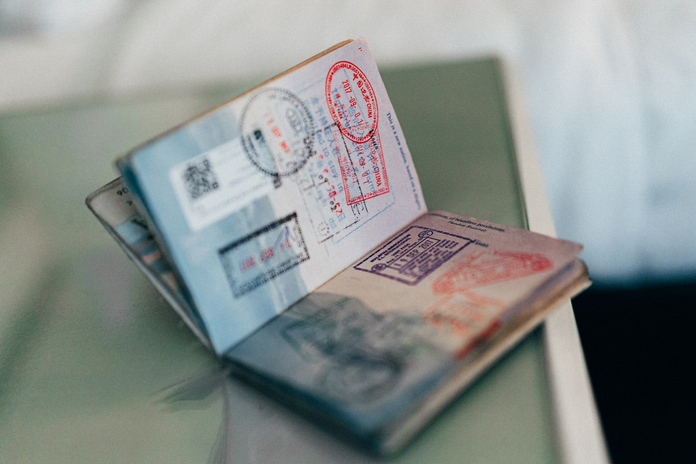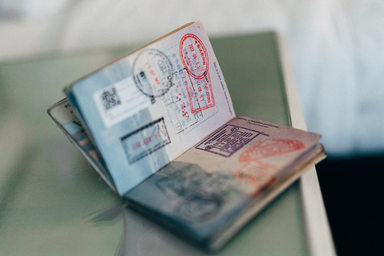In the last week, the United States of America has issued their first passport with a gender-neutral indicator in place for the usual male or female indicators. This has been welcomed by many in the US as the issue regarding gender indicators on official identification documents has been fought for many years.
Instead of using the typical ‘F’ or ‘M’ in the gender box, the new passport uses ‘X’ signalling that the holder of the passport does not identify as either male or female.
The passport was issued to Dana Zzyym, a 66-year-old intersex activist. Mx. Zzyym sued the State Department in 2015 as they did not feel they were properly represented on their passport as an intersex person.
The US Navy veteran identifies as nonbinary and was denied a passport before as they did not check the box regarding whether they were male or female. In June of this year, Secretary of State Antony Blinken announced that the ‘X’ marker would now be offered as an option on passports.
Mx. Zzyym told the BBC that it was “an exciting moment” after receiving their new passport. They added ‘I feel like I can go anywhere and be me.’
This move has been seen to be highly progressive as before this decision, a medical certificate was required to mark their gender as a different one or gender non-conforming from the one on their birth certificate.
The move by the Secretary Blinken which now gives a choice to intersex, nonbinary and gender non-conforming citizens is one of the latest moves in President Biden’s LGBTQIA+ agenda.
Many countries across the globe including Canada, Germany, India, The Netherlands, and Australia already offer a gender non-conforming option on their passport applications. Ireland has not made any progress in this matter in recent years.
With LGBTQIA+ rights at the centre of many political discussions globally, it is the hope of many LGBTQIA+ youths that someday soon the rest of the globe will follow suit in allowing intersex, nonbinary, and gender non-conforming citizens to be properly and comfortably represented on their passports and official documentation.


